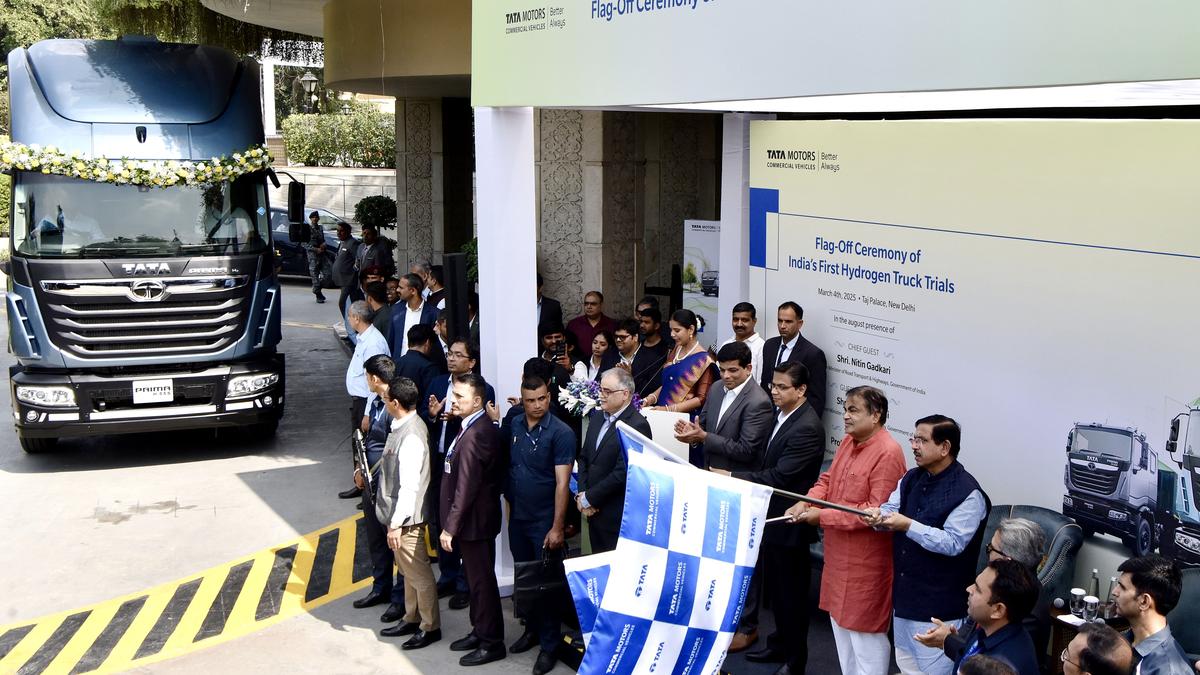In November, the National Company Law Tribunal (NCLT) in Mumbai had approved RITL’s acquisition by Reliance Project and Property Management Services Limited (RPPMSL), the arm of Reliance Jio that looks into the telecom operator’s tower business pending the deposit of Rs 3,720 crore in the SBI escrow account.
In a filing to the Bombay Stock Exchange, Reliance Industries, the parent of telecom service provider Reliance Jio, said, “RITL has today allotted to RPPMSL 50,00,000 equity shares of Rs. 10/- each, for cash, aggregating Rs. 5 crore; and 372,00,00,000 Zero Coupon Optionally Fully Convertible Debentures of Rs. 10/- each, for cash, aggregating Rs. 3,720 crore.”
It added that this cancels the paid-up equity share capital of RITL and RPPMSL holds 100% equity share capital of RITL.
RIL also informed the exchanges that approvals of NCLT and Competition Commission of India having been received, no further governmental / regulatory approvals are required.
This puts to end the much-delayed RITL bankruptcy resolution process. In December 2020, the NCL had approved Jio’s (through RPPMSL) resolution plan for RITL. However, the matter was stuck since there was no consensus on how the funds raised from the acquisition would be distributed among the creditors, which include the SBI, Emirates Bank and Doha Bank.
As a result, Jio had filed a petition with the NCLT to issue directions to RITL’s financial creditors to provide the necessary no-dues-certificate to it to speed up the much-delayed RITL bankruptcy resolution process.
The matter of funds distribution is currently in the Supreme Court, and according to the NCLT order in November, the funds in the escrow account shall be distributed in accordance with the apex court’s ruling.
While this ends the saga of RITL’s years long insolvency proceedings, parent RCom is still struggling on the same front. In March 2020 lenders had unanimously approved asset restructuring company (ARC) UV ARC’s offer for the Anil Ambani-promoted telecom company.
However, until recently, the Reserve Bank of India objected to ARCs acting as resolution applicants because it held a view that the law governing the ARCs does not have a provision for it. In October this year, the RBI amended the guidelines allowing ARCs with net worth of Rs 1000 crore or more in net owned funds (NOF) to act as resolution applicants under the NCLT.
This throws an even larger spanner in the works for RCom’s insolvency proceedings since UV ARC is estimated to have a net worth of under Rs 200 crore, making it ineligible as a resolution applicant under the amended rule.
In addition to this, the assets to be sold continue to depreciate.
One of the key assets in the insolvency process is the spectrum owned by RCom. On this front too, the company is embroiled in a battle regarding this as the Department of Telecommunications has argued that since spectrum is a national resource, it cannot be sold as part of the insolvency proceedings.
Additionally, the company’s telecom licence expired last year, which means it does not have the right to use the spectrum it owns. Once the company loses the right to spectrum, the asset (spectrum) has little to no value, say analysts.










![Best Weight Loss Supplements [2022-23] New Reports!](https://technologytangle.com/wp-content/uploads/2022/12/p1-1170962-1670840878.png)




